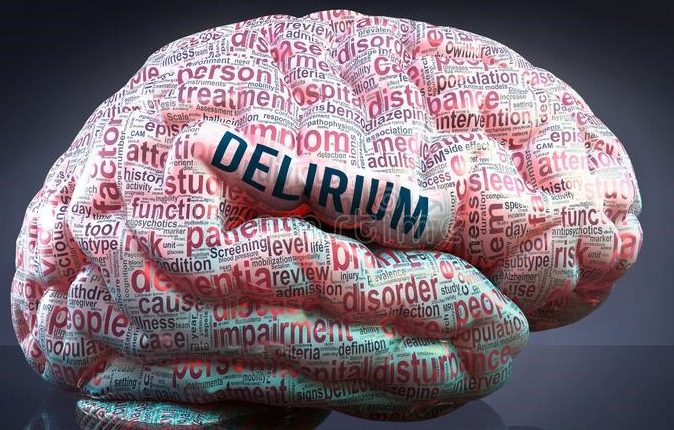
Delirium and dementia: what are the differences?
Delirium (sometimes referred to as acute confusional state) and dementia are the most frequent causes of impaired cognitive function, although mood disorders (e.g. depression) can also cause cognitive impairment
Delirium and dementia are distinct pathological conditions but sometimes difficult to distinguish
In both cases, cognition is impaired; however, the following help to distinguish them:
- Delirium predominantly affects attention.
- Dementia mainly affects memory.
Other specific features also allow the differential diagnosis between these two disorders:
- Deliriousness is usually caused by an acute illness or drug toxicity (sometimes life-threatening) and is often reversible.
- Dementia is usually caused by structural changes in the brain, has a slower onset, and is generally irreversible.
Delirium often develops in patients with dementia
One should avoid confusing delirium with dementia in an elderly patient, a common clinical mistake especially when delirium is superimposed on chronic dementia.
No laboratory examination can establish with certainty the cause of cognitive impairment; an accurate history and objective examination, in addition to knowledge of vital and functional parameters, are essential.
Read Also:
Emergency Live Even More…Live: Download The New Free App Of Your Newspaper For IOS And Android
Pollution Increases The Risk Of Dementia: A 24-Year-Old Researcher’s Unimore Study
What Are The Initial Symptoms Of Dementia?




